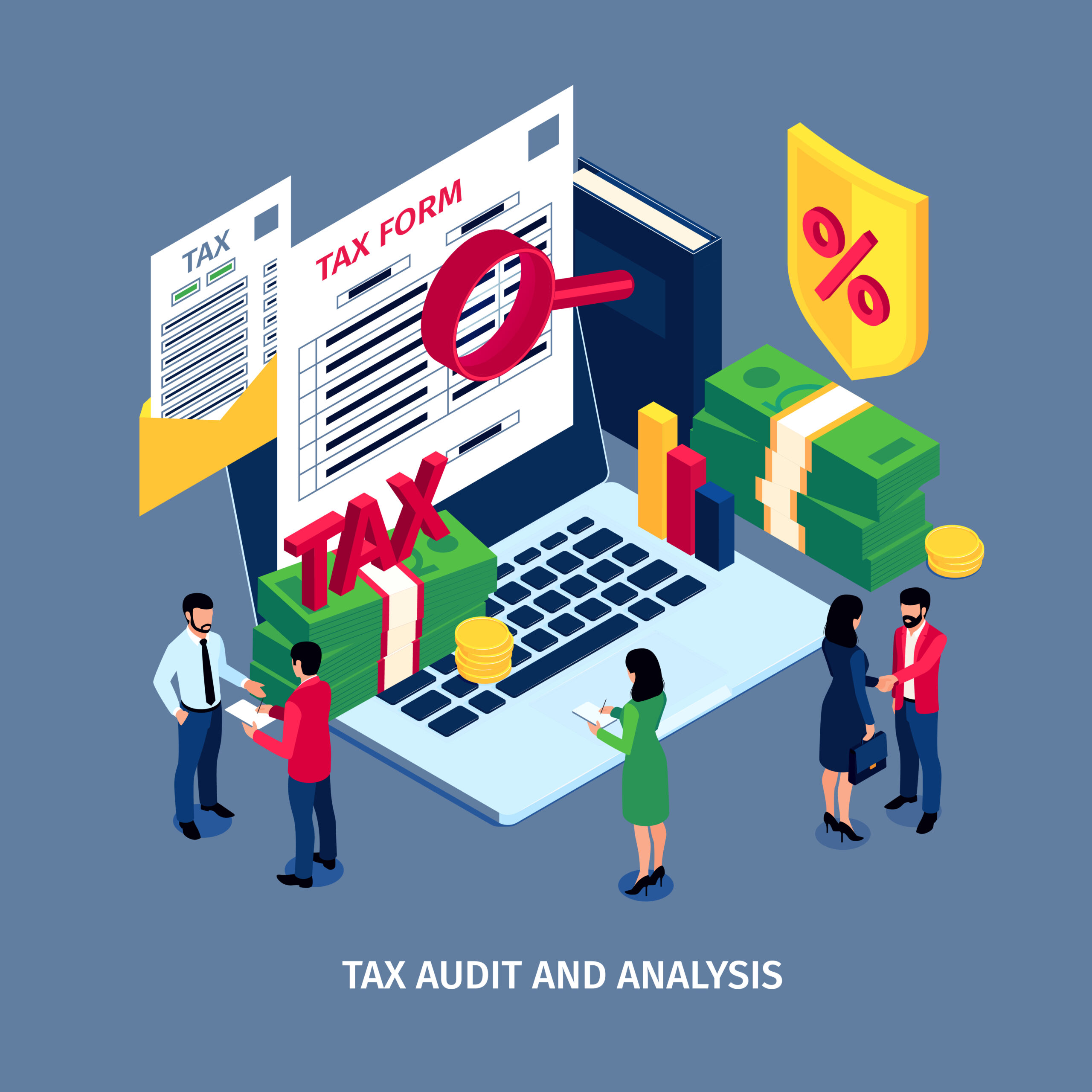Recent government tax changes have affected the negative gearing of rental properties. However the changes, while significant for many, do not impact the large benefits of negative gearing.
Many families in business will continue to use the tax benefits of negative gearing on rental properties for creating a future legacy. We go through the changes below.
1. Rental property tax deduction
You can only claim travel to a rental property if the rental property is a commercial property. So travel to residential properties is no longer a legitimate tax deduction.
This is not a significant area of tax claim for most people. For a few people, especially those with property located overseas, the loss of a tax deduction can mean that flights to say, London, to interview tenants and inspect the property can no longer be claimed in full.
It is important to note that this restriction applies to both individuals and a family trust – which are the most commonly used tax entities for owning rental properties.
If the travel cost is charged by a third party, like a real estate agent, then the cost is still tax deductible to the individual.
Interestingly, the law goes beyond denying the travel costs as a tax deduction – they exclude the same costs from increasing the tax purchase price of your property.
2. Claiming depreciation on a rental property
If you acquire an existing home you can only claim depreciation on furniture and equipment to the extent that the furniture was not previously used.
Previously the law allowed old furniture to be claimed as a tax deduction and some people were claiming quite high (read new) tax deductions on very old household fixtures that would have a market value of nil. Rather than try to legislate the way in which to identify the depreciated value of these items come tax time – the government has simply decided to stop the practice altogether.
For off the plan purchases the high upfront deductions will still be enjoyed. The fixtures in the property have never been used before.
3. Foreign resident capital gains withholding
If you are selling a residential property worth more than $750,000 you are now required to obtain a certificate confirming that you are an Australian resident. If you are a non-resident the seller is required to withhold 12.5% of tax from the purchase proceeds that are remitted to you.
Practically these certificates issue very quickly from the Australian Taxation Office. However we recommend that this is done by a licensed tax professional simply due to the high value nature of the transaction.
There are also look-through provisions for families that own residential property in different tax entities like a company.
4. Selling the family home
If you sell the family home and you are a non-resident you cannot access the tax exemption that Australian residents enjoy.
This is a significant change as it is an “all or nothing” change. That is, if you were a resident for say, 20 years, lived in the family home, you become a non-resident and then sell the home you will pay capital gains tax on the whole sale.
As a practice we expect this will be remedied with the final law – however that is simply a guess on our part. If the law is passed as it currently stands a family becoming non-resident will need very strong tax planning guidance.
It is important to note that the explanatory memoranda clearly indicates that the intention of the law (the complete loss of the family home exemption) is the desired outcome of government. If their was a simply pro-rata basis of the exemption based on the number of days a family used the home as a main residence a clear outcome could apply.
The important take-away is that taxation on real estate is an ever changing animal. If you are a business family attempting to structure property assets into your long term planning a tax advisor who understands family dynamics is critical to your decisions.
Want to learn more about how recent tax changes may affect negative gearing of your rental properly? Contact our tax accountants in Perth for expert advice.



